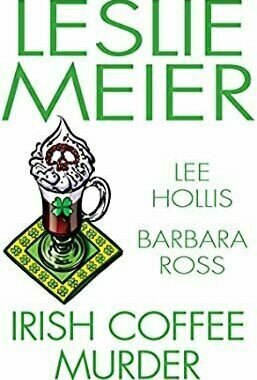
Irish Coffee Murder
Barbara Ross, Leslie Meier and Lee Hollis
Book
You don't need to be Irish to enjoy St. Patrick's Day in Maine, where the chilly March weather...
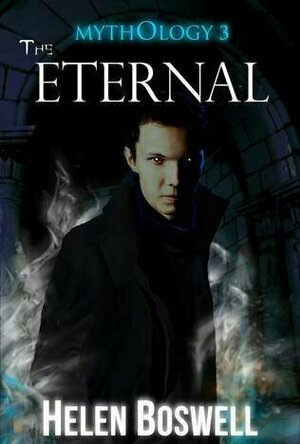
The Eternal (Mythology #3)
Book
Self-preservation, above all. That’s the credo by which guardian Jonathan Draper justifies his...
Young Adult Urban Fantasy Romance
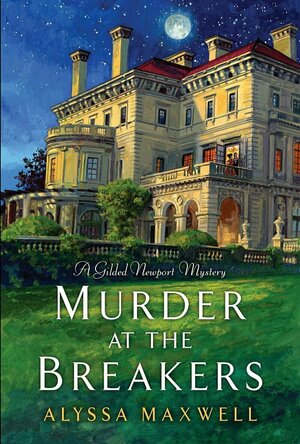
Murder at the Breakers
Book
For fans of HBO’s The Gilded Age, explore the dark side of the alluring world of America’s 19th...
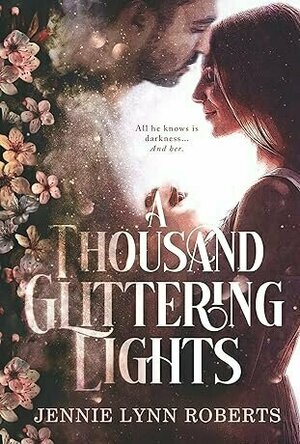
A Thousand Glittering Lights
Book
Only she can see him. Ellie is about to release the hotly anticipated sequel to her...
Contemporary Fantasy Romance
Mark @ Carstairs Considers (2484 KP) rated The Last Thing Claire Wanted in Books
May 21, 2024 (Updated May 21, 2024)
I picked this book up because I grew up in the town where the story is set. I enjoyed that even if many of the places in the story are fictional. The book is definitely darker than I would normally read, and it includes the content you’d expect from that. At the heart of the book is a good mystery, and I was caught up in trying to figure out who did it and how Anne would prove it. The Murray family drama did take over a few times, but most of the time, I enjoyed that story as well. The writing is good and gives us an appropriate melancholy vibe. It does take some of the characters time to develop, but by the end, we’ve gotten to know all of them. If you are looking for a more serious mystery, this is a debut to pick up.
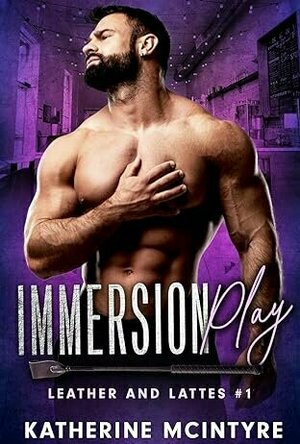
Immersion Play (Leather and Lattes #1)
Book
One bratty boy searching for somewhere to call home, one damaged Daddy Dom looking to escape his...

The Amphitheater of Souls
Book
When a plague ravages his village, the shaman Cian sails to the land of the dwarves for a cure....
MM Dark Fantasy Romance Found Family Soul Mates
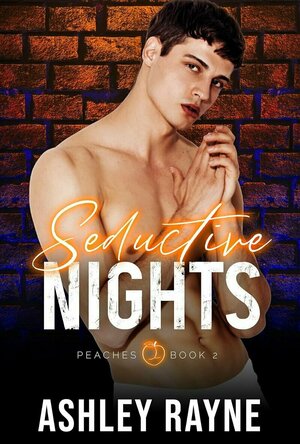
Seductive Nights (Peaches #2)
Book
Jonas Five years ago, after I lost my husband, I barricaded my heart, not strong enough to let...
Contemporary MM Romance
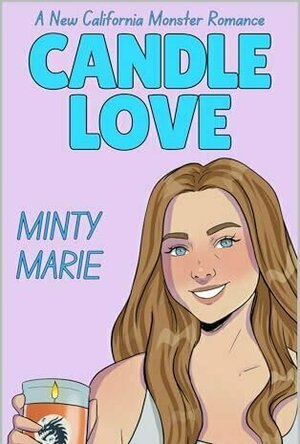
Candle Love (New California Monster Romance #3)
Book
Moving out is never easy, but throw in two attractive roommates and it’s nearly impossible! ...
Monster Romance Menage Forced Proximity Roommates to Lovers
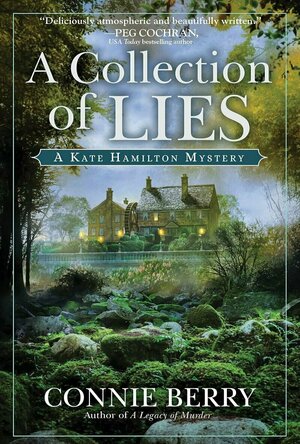
A Collection of Lies
Book
In USA Today bestselling author Connie Berry’s fifth Kate Hamilton mystery, American antiques...
